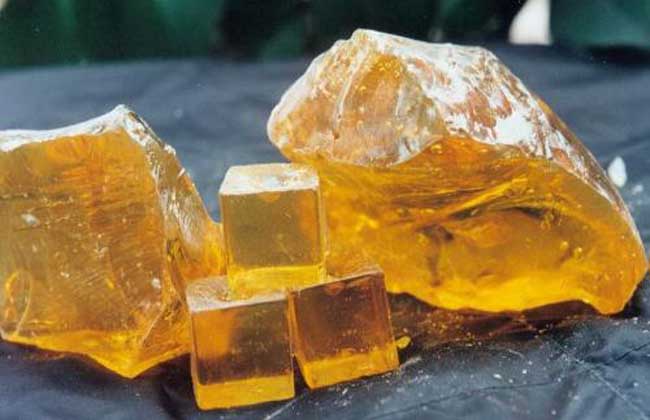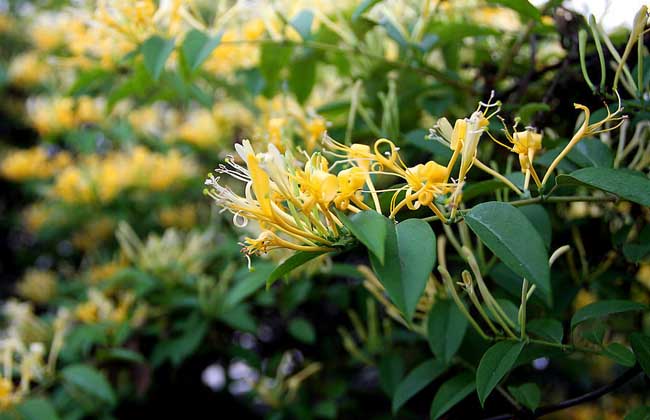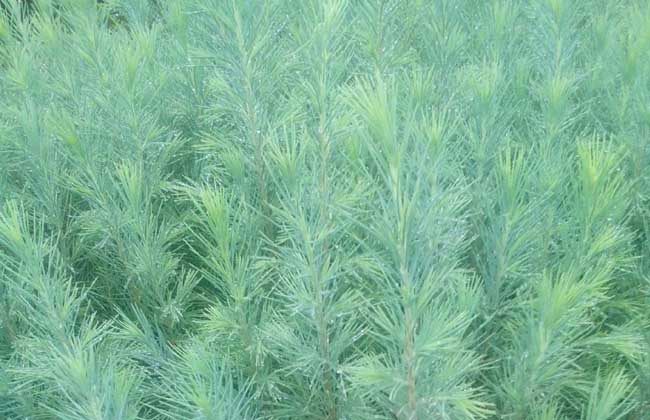How much is the rosin?

Rosin, also known as pine paste, pine gum, tar rosin, raw rosin, etc., refers to the non-volatile natural resin obtained from pine resin through different processing methods, which is very sensitive to the effects of light, heat and oxygen. in particular, the powder is very easy to oxidize, so hoop the whole block storage to prevent oxidation to darken the color and change the performance. Let's take a look at the price of rosin.
How much is the rosin?
The price of rosin is generally 1120 yuan / kg. According to different types, prices and manufacturers, the price of rosin is 24 yuan / kg in Zhengzhou Mingxin Chemical products Co., Ltd., 22 yuan / kg in Zhengzhou Chaoqun Chemical Co., Ltd., 12 yuan / kg in Henan Mingrui Food Additive Co., Ltd., and 22 yuan / kg in Zhengzhou Ruiheng Chemical products Co., Ltd. The price of rosin is 16 yuan / kg in Zhengzhou Chenyang Chemical Co., Ltd., and 21 yuan / kg in Jiangxi Mingrui Chemical Company.
Source classification of rosin
1. Resin rosin: rosin collected in the form of harvesting and reprocessing is called rosin, which is characterized by continuous harvesting of pine trees, which is conducive to the full use of resources. China is rich in resin resources and is the country with the largest output of resin rosin, and the output of resin rosin will remain more than 350000 tons for a long time.
2. Wood rosin: Wood rosin is a rosin produced by chopping pine roots or trunks and extracting resin with solvent. It is mainly produced in the United States, and its raw materials depend on the primitive pine forest in the southeast of the country. Now, due to the reduction of forest resources, resulting in a shortage of wood rosin raw materials, the output has dropped from 316000 tons in 1950 to 20, 000 tons at present.
3. Oil slick rosin: oil slick rosin comes from wood pulp and paper industry. the black liquor from Kraft pulping is processed, but its performance is not as good as that of resin rosin, but now its performance is similar to that of resin rosin due to the continuous improvement of its quality.
What is the use of rosin?
1. Soap: rosin is cooked with soda or caustic soda to form rosin soap. Rosin soap has great decontamination power, is easy to dissolve in water, can dissolve oil and oil, is easy to foam, and has stickiness, which can make the soap not easy to crack and deteriorate.
2. Papermaking: Rosin is used as paper-making compound in the paper industry, and rosin sodium soap is made with caustic soda. The gum is mixed with the pulp and alum is added to make the rosin become a water-insoluble free resin acid particle attached to the small fiber. When the pulp is rolled and heated on a drying cylinder, the rosin softens and fills between the fibers, which is called "sizing" or "sizing". After the paper is glued, it can enhance water resistance, prevent ink penetration, improve strength and smoothness, and reduce expansion.
3. Paint: Rosin is easy to dissolve in all kinds of organic solvents, and it is easy to form film and gloss. it is one of the basic raw materials of paint coatings. its function in paint is to make the paint bright, dry quickly, and the paint film is smooth and not easy to fall off.
4. Ink: Rosin is mainly used as a color carrier in printing ink and enhances the adhesion of the ink to the paper. If rosin is not used in the ink, the printed ink will be dull and blurred.
5. Adhesives: adhesives based on rosin esters and hydrogenated rosin esters are often used as hot melt adhesives, pressure-sensitive adhesives and rubber tackifiers.
6. Rubber: Rosin is used as a softener in the rubber industry to increase its elasticity. Disproportionated rosin potassium soap can be used as synthetic rubber.
7. Food: hydrogenated rosin glycerol ester is heated and melted with natural gum, wax, vinyl acetate, and then mixed with spices, sugar and pigment to make chewing gum. When pigs, cattle and sheep are slaughtered in a slaughterhouse, the hair left on the animal and head can be removed with a depilating agent composed of 88-94% molten rosin and 6-12% cottonseed oil.
8. Electricity: insulating oil prepared with 35% rosin and 65% bright oil is used as a protective film on the cable to play the role of insulation and heat resistance. Rosin is mixed with Bakelite and other artificial resins as insulating varnishes.
9. Architecture: Rosin is mainly used as concrete foaming agent and floor tile binder in building materials industry. Rosin is also used as a binder for vinyl chloride asbestos tiles. Rosin can be mixed with linseed oil, calcium carbonate, charcoal and pigments to make felt tiles.
10. fixed painting liquid: because the solubility, volatility and volatilization of rosin can be quickly condensed into a "solid and transparent film" principle, painters usually make their own "fixed painting" liquid in order to protect the picture and prevent the "sketch" from being rubbed off.
11. Violin: because the violin string is made of iron wire, it is very likely to slip when playing. Rub the bow with rosin for 3 times or 4 times to increase the friction and reduce the possibility of skidding.
12. Medicinal: pine fragrance bitter, sweet, sexual temperature, entering the liver and spleen meridians, with the effect of dispelling wind dryness and dampness, expelling pus and toxin, producing muscle and relieving pain, main abscess, scabies, scabies, alopecia, dysphagia, arthralgia, golden sores, sprain, women's leucorrhea, thromboangiitis obliterans, suitable for carbuncle furuncle ulcers, eczema, traumatic bleeding, burns and other diseases.
Related
- A course of planting techniques and methods on how to grow carrots
- How to plant the latest tulips?
- Is it better to pick tea in the morning or in the afternoon? When is the best time for tea to be picked? what is the third or fifth tea?
- Launch Yuanxiao Happy combination Haocha + Tea Yuan healthy Taste
- Penghu Tourism "Fireworks 20 Parade with You"
- 2022 West Lake Happiness holds "Digital Revitalization Voucher" and draws iphone13 and laptop.
- Banqiao Fuzhou social houses are designed to change start-up combined with police elimination to create a safe and livable environment
- The convenient measure of "mechanical weeding" in Xinbei has been abused and the Agriculture Bureau has imposed heavy penalties on the illegal land consolidation.
- Changgeng University Joins Hands with Four Memory Factories to Rescue Memory Talent Shortage
- The list of Taiwan's top 100 MVP managers is listed by the Director-General of the Farmers' Association of Sanxia District.



